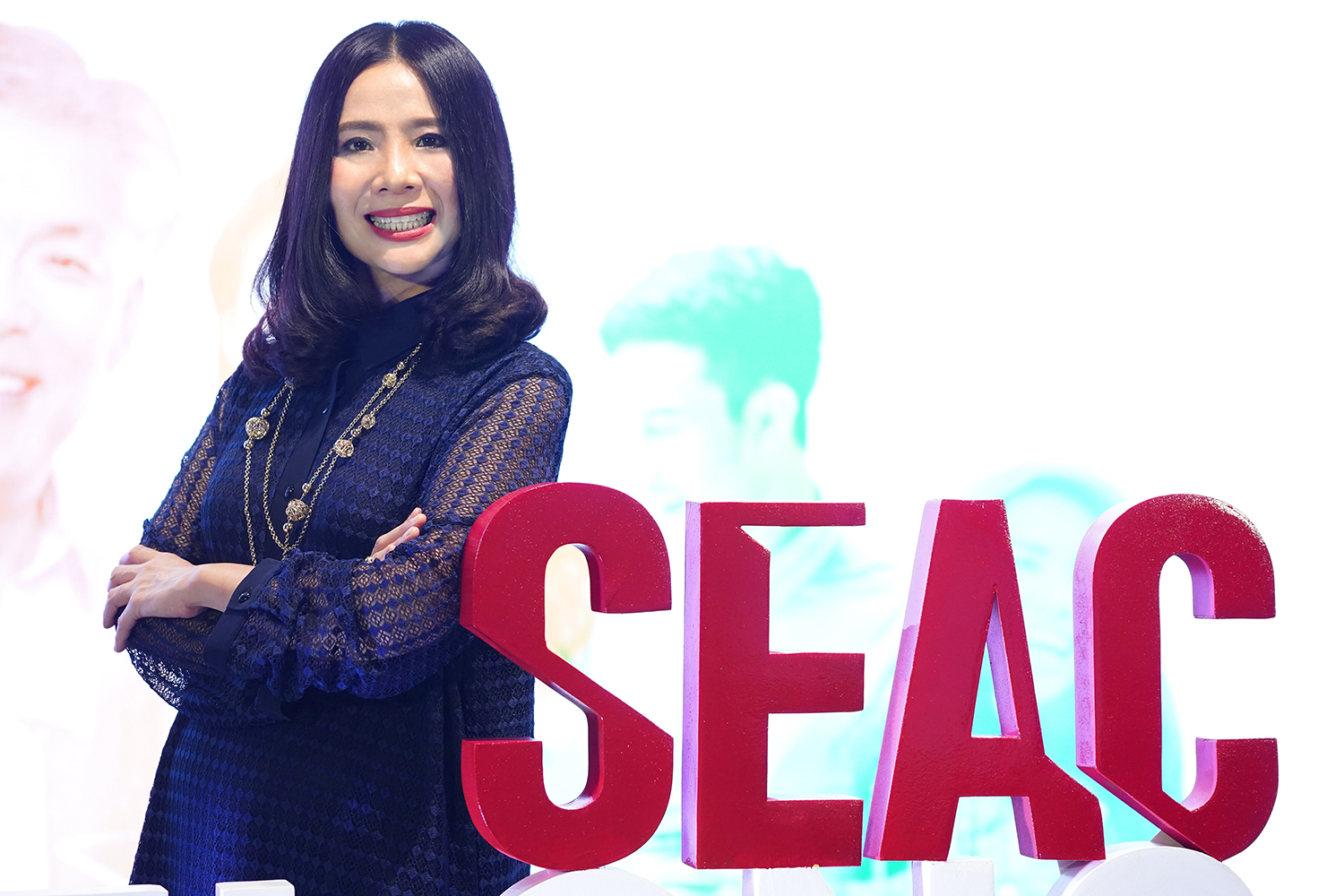
Times are changing faster than ever before. People have started to return to work but we know it’s never going to be the same again. What we knew before has been disrupted. Most of us feel we’re stuck in a limbo. On the one hand, we know things are never going back to the way they were pre-pandemic. But on the other hand, nobody knows what will happen post-Covid.
During this time, we need to understand how crucial it is for us to focus on how we can develop ourselves in a way that prepares us to face the coming changes as well as future challenges.
I had an opportunity to share some thoughts on this topic recently during the Techsauce Virtual Summit 2020. As I listened to some of the other participants, I realised an important point — the recent crisis has been a wake-up call telling us that change and disruption is the only constant thing. If we do not do anything about it, the skills and capabilities that got us this far will simply expire.
Our business will only evolve if we, the people in the business, evolve. In my Summit session, I offered real-life examples drawn from the stories of two American entrepreneurs: Julie Smolyansky, the CEO of Lifeway Foods, and Julia Cheek, the founder of Everlywell. They not only successfully developed themselves, they also inspired their people to evolve; this in turn helped their businesses to evolve.
When the coronavirus hit, Julie saw an increase in demand for her company’s home health-testing products, including an FDA-approved Covid-19 test kit. That was good news, but she asked herself: would demand remain this high even after the virus subsides? She didn’t want to wait to find out, so she moved fast to develop herself and her people.
At the health-food company Lifeway Foods, meanwhile, Julia realised it was time for extreme agility, rather than a general agile approach. Agility isn’t just about being adaptable, it is also about being proactive — being prepared before you and your business become seriously affected. She instilled this mindset in all her people to ensure that they were as ready for change as she was.
The results that Julie and Julia saw within their own businesses helped them support their customers in new ways. So, what can we take away from their experience and apply today? Here are some points.
First, we need to start by choosing to step forward. Development begins from each individual and the sooner we realise this, the better. Often, we force ourselves into “developing” ourselves because we’ve been told to.
Second, reframe our mindset. Business leaders especially need to present a different attitude to their people if they want to inspire them through change. We need rethink how we learn and work. We can no longer live off our past successes.
Third, develop our capabilities. We can do this in many ways, including through learning. As the stories of Julie and Julia illustrate, we can learn to develop skills that are noticeably growing during a crisis. For some businesses, for example, this could involve improving social media content and finding new ways of reaching customers.
Learning doesn’t necessarily mean classroom learning or online courses. We can learn through reading and even connecting with people such as our own customers and colleagues.
Fourth, support our people and teams. Just as developing yourself is important, your people also need to be inspired to develop themselves so the business can thrive.
Finally, go beyond the general agile approach, as Julia did. We need to consider whether we know how to apply extreme agility to scale our business more quickly than we have ever done, in order to keep pace with the rapid changes in our world.
Amid any crisis or change, we are going to experience negative feelings of demotivation and loss. Not everyone finds it easy to break out of this rut, but it is not entirely impossible. The good news is, anyone and everyone can emerge from a down period and still apply all the takeaway points. The key to this is in our mindset.
Ultimately, it is our mindset that makes the difference between success and failure. A good starting point would be to become more self-aware as we cultivate a positive mindset toward growth.
We cannot predict what changes will happen in the future, but we can be proactive in our development. The choice is yours: you can choose to evolve into a new you or stay put and risk becoming expired.
Arinya Talerngsri is Chief Capability Officer and Managing Director at SEAC - Southeast Asia’s Lifelong Learning Center. She can be reached by email at arinya_t@seasiacenter.com or https://www.linkedin.com/in/arinya-talerngsri-53b81aa. Explore and experience our lifelong learning ecosystem today at https://www.yournextu.com